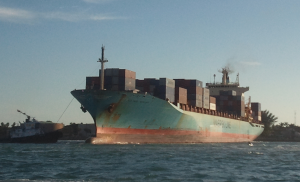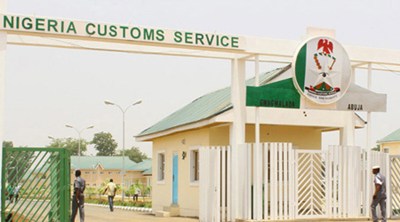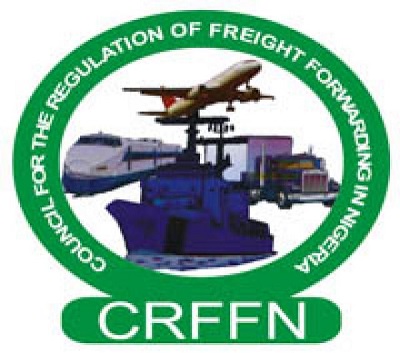Bleak 2015: Experts On Rescue Mission

…Maritime sector Capsizing
…Hope Rises For Oil Prices
In light of the recent devaluation of the Naira as a result of global drop in oil prices, the Nigerian maritime sector may witness a serious decline in the volume of cargoes coming through the ports as well as high cost of goods in the country.
Experts in financial and maritime sectors who spoke with our reporter in separate interviews affirmed that there is imminent decline in cargo throughput in the ports if the trend persists.
The Managing Director (MD) of Cowry Assets Management Limited, Mr. Johnson Chukwu said that as long as the international trade was dollar denominated ad the exchange rate remains high; it would definitely have a negative impact on the economy.
According to him, “The maritime sector is gradually being domesticated, the cabotage law encouraged a lot of Nigerian Merchant vessels but that has not domesticated the means of payment of trade in the maritime industry since international trade is dollar denominated.
Speaking further, Chukwu said that as long as the maritime sector is a transit service, it would be affected to the extent that consumption would be affected to the extent that consumption would not be sustained.
He however stated that if the high exchange rate of Naira to dollar persists, the consumption within the local economy would decline which will eventually lead to decline in demand for maritime services.
He maintained that the number of containers and ships coming into the country would decline because of the decline in the demand for goods.
In his words, “Until we get to a point where the economic crisis weakens the local demand for goods and services, we may not see an immediate effect on the maritime sector other than the exchange rate which is passed on to the consumers.”
Suggesting a way out of the current malaise, the Cowry MD said the country needed to borrow if the government has to go ahead and implement the capital expenditure budget.
Speaking, he said, “Ideally, the purpose of borrowing is to fast track future projects or future consumption; in this case, we are talking of capital consumption. Every country that has strong fiscal management can catalyze or fast track economic growth by borrowing as long as all such borrowings go into assets that have economic value and that will support further economic growth.”
“So, I agree absolutely with the Minister that we may need to borrow to finance the capital expenditure budget but I think we should actually borrow more than what we have in the capital expenditure budget so as to fast track economic growth and diversification,” he added.
However, in a separate interview, Emeka Akabogu, a maritime lawyer aligned with the views of Chukwu that the present quagmire would reduce the number of cargoes coming into the country even as he advised the maritime players to sit up in the face of the development.
He said, “You need a lot of Naira to get your dollar. You need dollars for foreign exchange, to import. So, the evident impact ordinarily should be reduction of import.”
Akabogu added that the development will lead to reduction of activities within the port as well as in the volume of cargoes coming through the port which he said would eventually dovetail into reduction in income and operations within the port.
He stated further that the confidence of the operators could be increased if there is a more effective regulator adding that if there is increased confidence and knowledge in the system, it could protect the people and the people can invest more.
“It is very possible that Nigeria can earn more in shipping that will significantly reduce the effect of what we are seeing now in the oil and gas sector,” he posited.







